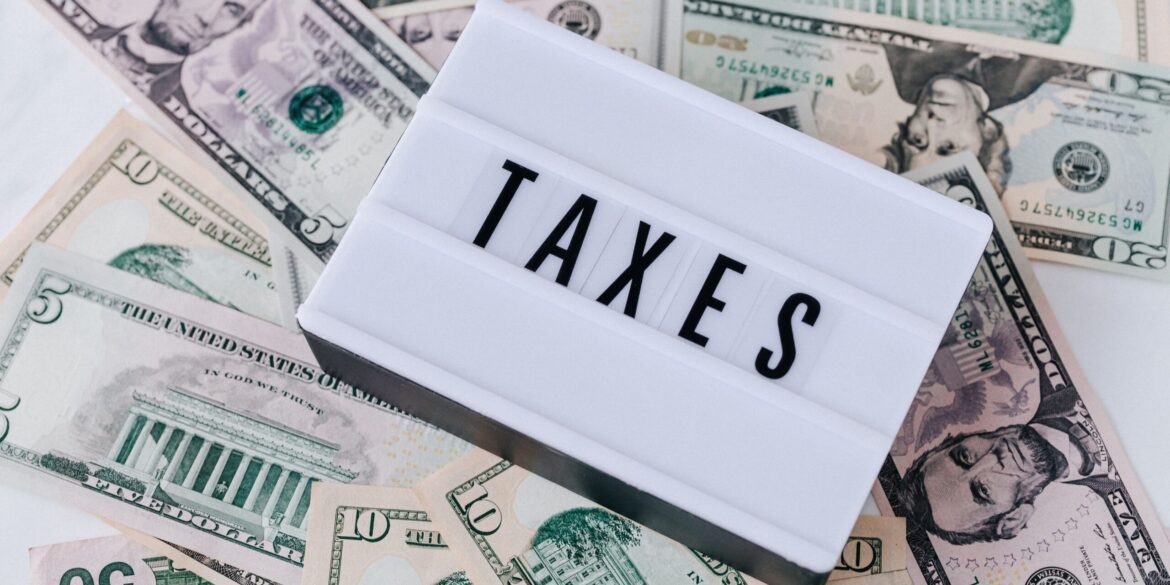Phoenix, AZ, USA – On January 12, 2022, Governor Doug Ducey unveiled a new plan aimed at providing tax relief to Arizona residents while simultaneously making cuts to welfare programs that he argued were growing unsustainable. The proposal is part of an ongoing push by Republican leaders in the state to reduce government spending and promote personal financial independence.
The new tax plan proposes a reduction in the state’s income tax rate, a measure aimed at benefiting businesses and individual taxpayers. Ducey stated that by reducing the burden on Arizonans, the state could stimulate economic growth and provide greater financial freedom for its residents. According to estimates by the Arizona Department of Revenue, this could result in a reduction of approximately $1.5 billion in tax revenue over the next three years. The Governor emphasized that the move aligns with the broader Republican philosophy of low taxation to foster job creation and economic expansion.
In tandem with the tax relief initiative, Governor Ducey is advocating for changes to the state’s welfare programs, including stricter eligibility requirements and reductions in benefits for able-bodied adults. These changes, Ducey claims, would ensure that welfare recipients are incentivized to find work, and would help reduce what he calls a “culture of dependency.” Arizona’s welfare system has faced growing costs in recent years, largely driven by an increase in enrollment during the pandemic.
The proposal has sparked a fierce debate in the state. Supporters, including key Republican lawmakers such as Senator Michelle Ugenti-Rita, argue that the changes are necessary to balance the state budget and promote individual responsibility. However, critics, including some Democratic leaders and social advocacy organizations, contend that reducing welfare benefits could disproportionately impact low-income families, particularly those who have struggled to find stable work following the economic downturn caused by the pandemic.
Polling data shows that while many Arizonans support the idea of lower taxes, there is a divided opinion on the welfare reforms. A poll conducted by the Arizona Republic in early January found that 56% of respondents favored the tax cuts, while only 42% were in favor of cutting welfare benefits. Critics argue that such cuts could harm vulnerable populations, potentially leading to increased poverty and homelessness.
Despite these challenges, Governor Ducey remains firm in his belief that both tax relief and welfare reform are crucial steps in ensuring Arizona’s economic future. His proposals will now be debated in the state legislature, where Republican lawmakers appear generally supportive, while Democrats are expected to push for alternative approaches to address the state’s economic challenges.

